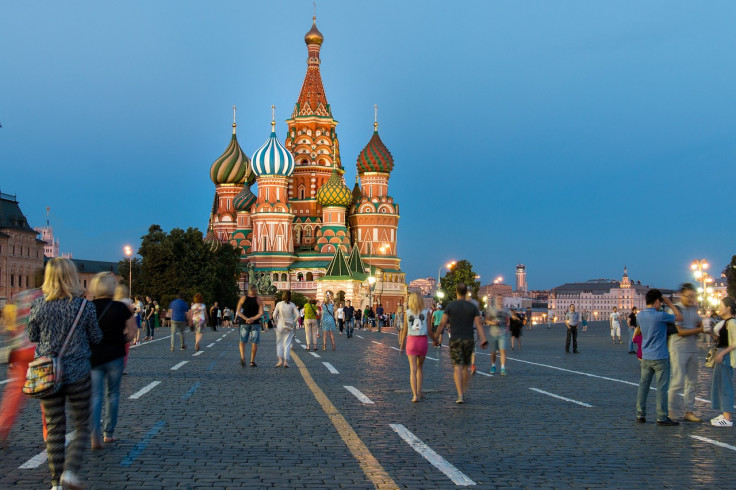Amid Western Sanctions On Russia, Wealthy Individuals Rely On Traditional Methods To Conceal Assets
Russian oil, once a widely traded commodity, became subject to sanctions almost overnight

Corruption, money laundering, and sanctions evasion are widespread practices used to acquire financial resources through unlawful means. The United Nations estimates that around $2 trillion is laundered annually into the legitimate financial system, a significant global issue.
While high-profile cases involving Russian oligarchs, African leaders, and Middle Eastern figures make headlines, a broader network of financial facilitators, often based in Europe and the United States, plays a critical role in this global industry.
In response to Russia's military aggression in Ukraine, Western nations have imposed sanctions targeting companies and individuals connected to the Russian government. These sanctions aim to curtail Russia's ability to finance its war effort by restricting access to revenues from key exports, such as oil.
Russian oil, once a widely traded commodity, became subject to sanctions almost overnight, presenting both economic and legal challenges. However, these restrictions also created opportunities for entities willing to bypass sanctions by trading discounted Russian oil and reselling it at higher prices.
One such entity is Geneva-based Paramount Energy & Commodities S.A., which was implicated in the trade of Russian oil in violation of sanctions. British and Swiss authorities flagged the company's activities, focusing on its Director, Niels Troost, a Dutch national based in Geneva. Paramount was accused of using a Dubai-based subsidiary to facilitate the sale of sanctioned Russian crude oil.
The mechanisms used to evade sanctions and launder money often involve complex financial structures. Offshore companies, trusts, and tax havens have long been used to conceal illicit funds. Switzerland, in particular, has faced criticism for its role in enabling financial crimes through its banking secrecy laws. Additionally, individuals involved in such activities often invest in assets like gold, diamonds, art, and cryptocurrency to obscure ownership.
Authorities have struggled to track the flow of funds beyond Dubai, which is a global hub for gold and diamond trading, further complicating efforts to enforce sanctions.
While developing nations and tax havens are often blamed for facilitating money laundering, Western policies also contribute to the problem. The lack of a unified European anti-money laundering authority has made it easier for individuals and companies to circumvent sanctions.
Additionally, countries like the United Kingdom offer legal status to wealthy individuals, further complicating efforts to regulate the flow of dirty money. The use of proxies to register assets in the names of relatives or associates is another common tactic, making it difficult for authorities to hold individuals accountable.
In the case of Paramount and Troost, there are suspicions that Troost may have used his wife, Jacqueline Troost Omvlee, as a front for some of his business activities. By taking advantage of European citizenship and the legal protections offered by Switzerland and the UAE, coupled with investments in precious metals and luxury assets, individuals like Troost are able to operate with relative impunity.
Addressing sanctions evasion and money laundering remains a significant challenge for authorities. Western governments have struggled to implement effective policies to combat these practices, and without more stringent measures, the issue is likely to persist.
Joanna Smith is a journalist and Editor at Large based in the UK.
© Copyright IBTimes 2025. All rights reserved.




















